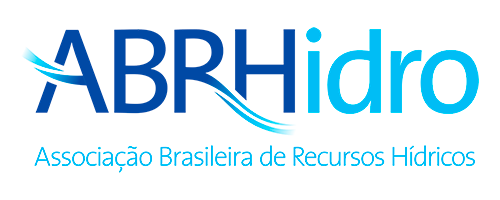ICFM6 - International Conference On Flood Management
Data: 17/09/2014 à 19/09/2014
Local: São Paulo - Brazil
The Role of Hydrological Uncertainties in Flood Risk Analysis: Tonala River, Mexico. (PAP014330)
Código
PAP014330
Autores
Miguel Angel Laverde Barajas, Adrián Pedrozo-Acuña, A. Breña-Naranjo, Gerald Corzo-Perez
Tema
Floods in a changing climate
Resumo
Around the world, there is a scarce mention of the role of the different sources of uncertainty duringthe assessment of flood risk. Given the magnitude of the stakes at risk during the incidence ofextreme events, it is necessary to somehow consider and inform how uncertainties may modify agiven prediction. As a result of the necessity to make decisions in the light of uncertain scientific input,this is especially true in the flood risk analysis process, where the lack of accuracy in the results mayinduce significant deviations and mistakes.Within this context, the aim of this work is to present a practical framework for flood risk analysis,where the Source-Pressure-Response-Consequence model is used for the assessment of bothprobability and consequences due to flooding. For this, two methodological units are introduced, oneaimed at the hazard characterisation and mapping and other related to the holistic characterisation ofvulnerability. The first is carried out by means of an integrated approach comprised by a cascade ofmodels; a distributed hydrological model and a standard 2D hydrodynamic model. While for thesecond part, the vulnerability of the system is dissected in five dimensions: physical, social, economic,ecologic and cultural. It is reflected that this enables the characterisation of the vulnerability in terms ofboth the degree of exposure and the fragility of the system to flooding. Uncertainty is considered inthe hydrological model through the estimation of possible hydrographs for a given rainfall. Thecharacterisation of the runoff by the multiple possibilities opens the door to a probabilistic estimation offlood maps.

